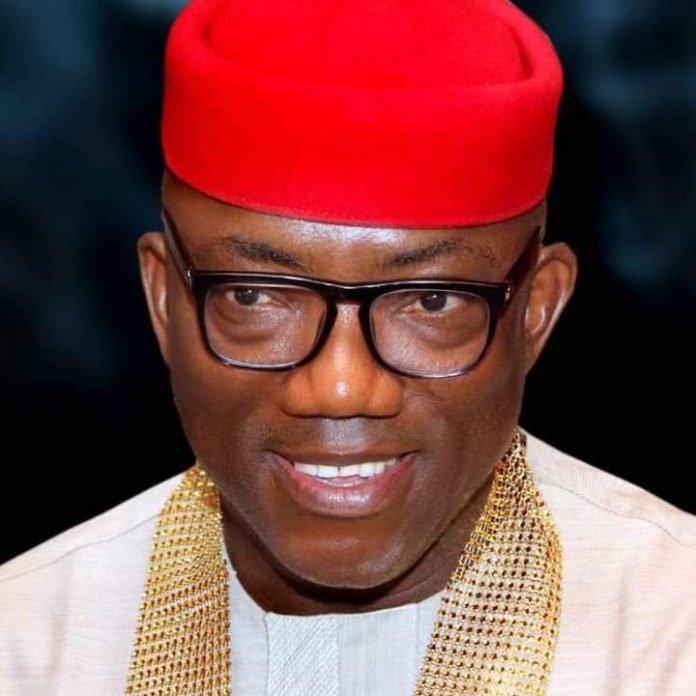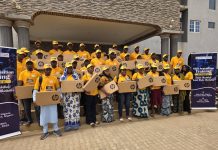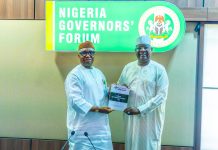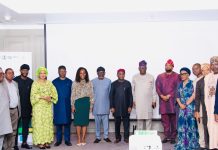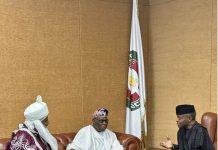Until the whiteman came to Nnewi and entire Igbo land, our people believed that there was a Supreme God known as Chukwu Okike Abiama who was the numero uno, primus interpares or simply “the first amongst all gods”. This was the god that could hold other gods to account. Besides this Supreme Deity are other gods with powers to create human beings. The above belief is derived from the Igbo saying that: “Ofu nne na-amụ mana ọ bụghị ofu chi na-eke”, meaning that “Even though children are born of the same mother, they are created by different Makers or Gods.” This belief is rooted in what Igbos say, and the name they bear/bore. It is common to hear an Igbo person at the height of grief shout: “Chi m egbuna m ooo”, meaning: “My God has killed me oo.”
Some Igbos name their children at the turn of fortune “Chi m nụọlụ m ọgụ”, meaning “May my God fight this battle for me.” Igbos believe that “Ebe onyedalụada ka chi yakwatuluya”, meaning that “downfall of anyone is as permitted by his god.” A person’s God is responsible for the timing and the exact location of birth.
Igbos believe that the creator of Buhari is different the creator of Ekwueme or Awolowo; that everyone has their own creators; implying that there are many creator gods in the space and time. Like Jesus, Igbos also believe in reincarnation. Just like the Catholics too, Igbos believe in the interactions between our dead relatives and the living, with each intervening in the affairs of the other.
Through colonialism and effective packaging, many Ndigbo and other peoples of the world had accepted the story told by Moses in the Bible about how their God created his race in Garden of Eden which description fits a location in today’s Iraq considering the rivers Tigris and Euphrates mentioned in his creation story.
Clearly Moses’ race has remained pure till date and are quite distinguishable in colour, marked features from Africans, Chinese, Indians, Philippinos, Mongolians etc. Each of these races have their stories that have now become heresy or taboo though Indians and Japanese have refused to be bleached or bamboozled as much as Africans.
The vestiges of Igbo cosmology could be seen in Igbo mothers of yore allotting Gods to their daughters. It used to be the practice until when Igbos became James, Jude and Martha. During my grandmother’s era, it was customary that a woman must allot a personal god to her daughter before leaving for her husband’s house. It was called “ịhanye chi”. The nearest of this kind of god is what the Catholics regard as Guidance Angel.
This was done by the mother cutting out a branch of an Ọha tree in her backyard and giving the same to her daughter after invoking her mothers’ gods to protect her daughter. She would now detail a good god to be her daughter’s God. The daughter would plant and nourish the ọha cutting at her new home. She would pluck ọha leaves from the new ọha chi tree to make ọha soup for her household. It is sort of a passive communion. This special new tree in a bride’s home that grows from a stem of anọha tree from a mother’s ọha tree is called “Ọhachi”.
This concept that people have different gods responsible for their creation has helped the Igbo explain the disparity in wealth, affliction, and life vicissitudes. For instance, it explains why some people fail while others succeed, why some people are beautiful while others are ugly, why some people survive in a plane crash, and others die, etc.
A lucky person claims that “Mụ na chi m dị na mma”, meaning “I am on good terms with my personal god.”
Ikenga Ezenwegbu
5 March 2022



